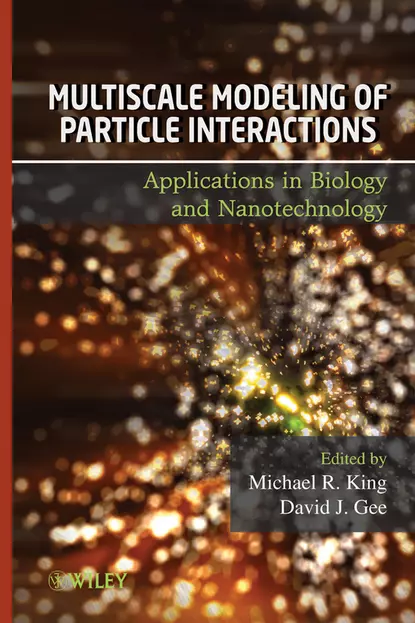Multiscale Modeling of Particle Interactions. Applications in Biology and Nanotechnology

Поделись книгой!
Автор: Gee David
Издательство: John Wiley & Sons Limited
Категория: Научно-популярная литература, Зарубежная образовательная литература
ISBN: 9780470579824
📓 Discover how the latest computational tools are building our understanding of particle interactions and leading to new applications With this book as their guide, readers will gain a new appreciation of the critical role that particle interactions play in advancing research and developing new applications in the biological sciences, chemical engineering, toxicology, medicine, and manufacturing technology The book explores particles ranging in size from cations to whole cells to tissues and processed materials. A focus on recreating complex, real-world dynamical systems helps readers gain a deeper understanding of cell and tissue mechanics, theoretical aspects of multiscale modeling, and the latest applications in biology and nanotechnology. Following an introductory chapter, Multiscale Modeling of Particle Interactions is divided into two parts: Part I, Applications in Nanotechnology, covers: Multiscale modeling of nanoscale aggregation phenomena: applications in semiconductor materials processing Multiscale modeling of rare events in self-assembled systems Continuum description of atomic sheets Coulombic dragging and mechanical propelling of molecules in nanofluidic systems Molecular dynamics modeling of nanodroplets and nanoparticles Modeling the interactions between compliant microcapsules and patterned surfaces Part II, Applications in Biology, covers: Coarse-grained and multiscale simulations of lipid bilayers Stochastic approach to biochemical kinetics In silico modeling of angiogenesis at multiple scales Large-scale simulation of blood flow in microvessels Molecular to multicellular deformation during adhesion of immune cells under flow Each article was contributed by one or more leading experts and pioneers in the field. All readers, from chemists and biologists to engineers and students, will gain new insights into how the latest tools in computational science can improve our understanding of particle interactions and support the development of novel applications across the broad spectrum of disciplines in biology and nanotechnology.
Мнения